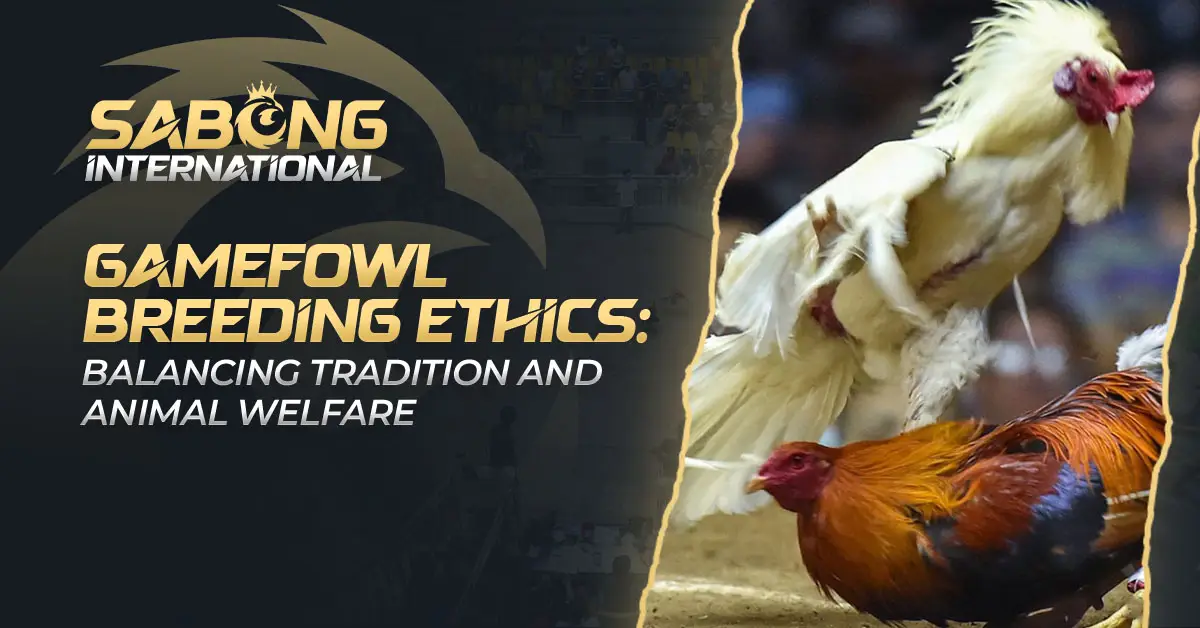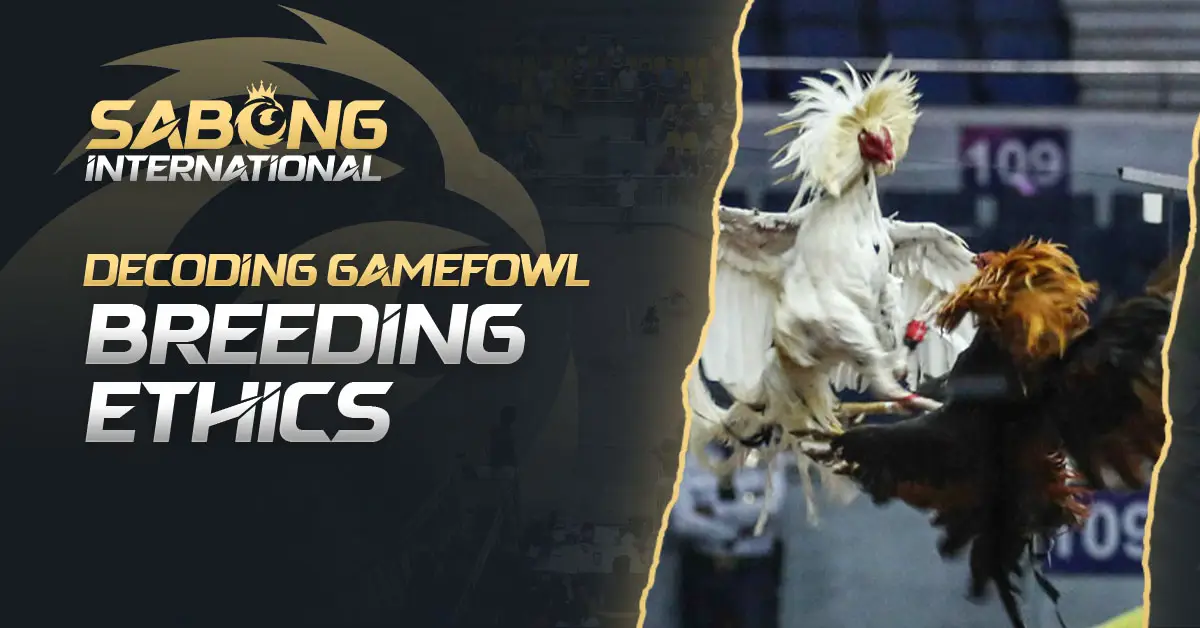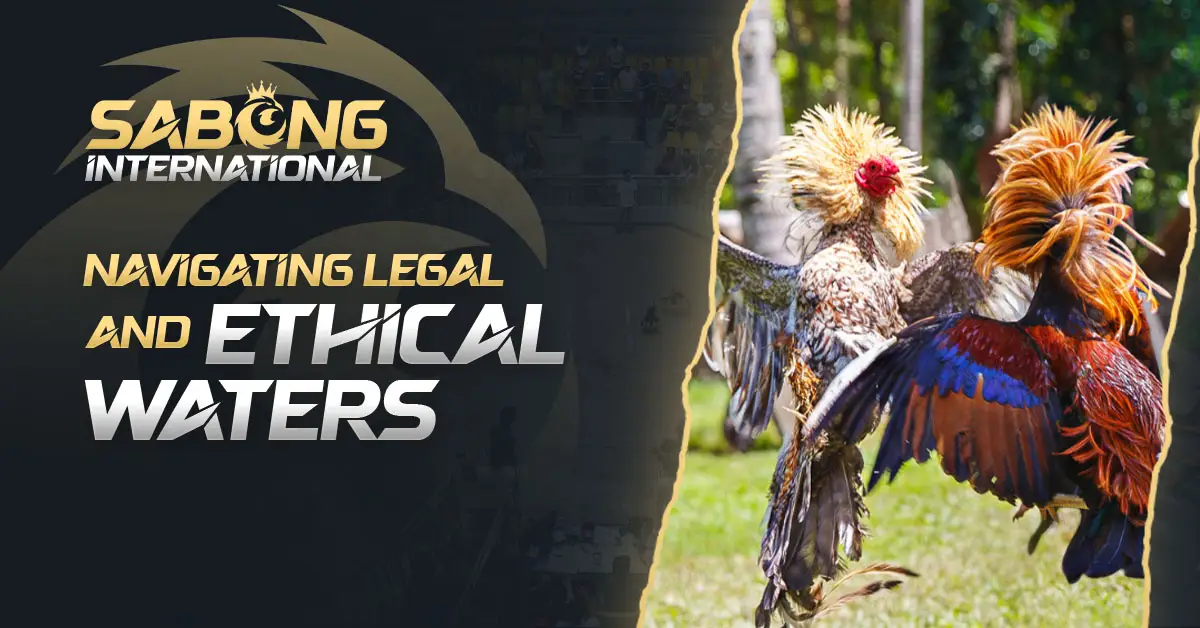Gamefowl Breeding Ethics: Balancing Tradition and Animal Welfare

Gamefowl breeding, a practice steeped in history and culture, often stirs up a pot of ethical debates.
It’s not just about raising birds; it’s about preserving traditions, ensuring ethical treatment, and understanding the complexities of animal welfare.
In this exploration, we’ll dive deep into the world of “gamefowl breeding ethics” and “animal welfare,” terms that are central to our discussion.
Key Takeaways
| Key Aspect | Description |
|---|---|
| Historical Significance | Understanding the roots of gamefowl breeding. |
| Ethical Practices: | Balancing traditional methods with modern ethical standards. |
| Animal Welfare: | Prioritizing the health and well-being of the birds. |
A Glimpse into the Past: The History of Gamefowl Breeding
Decoding Gamefowl Breeding Ethics

Now, let’s talk about ethics.
Ethics in gamefowl breeding isn’t just a fancy term; it’s the backbone of the practice.
Think of it as a guidebook that helps breeders make the right choices.
It’s about doing what’s best for the birds, the industry, and keeping up with societal values.
The Heart of the Matter: Animal Welfare
Animal welfare is big.
It’s the heart and soul of ethical gamefowl breeding.
This is where we ensure the birds are healthy, happy, and living their best life.
It’s not just about avoiding harm; it’s about actively promoting their well-being.
Tradition vs. Modern Ethics: A Balancing Act
Here’s where it gets tricky.
How do you hold on to time-honored traditions while embracing modern ethical standards?
It’s like trying to blend the old with the new, creating a perfect harmony.
Breeders are constantly challenged to find this balance, often walking a tightrope between the past and the present.
Bet on Sabong with Sabong International now!
From the Horse's Mouth: Case Studies and Expert Opinions
Let’s hear it from the people who know best.
Case studies give us real-life scenarios, showcasing how ethical dilemmas are tackled.
Experts in the field, from breeders to animal welfare specialists, offer invaluable insights.
Their experiences shed light on the practical aspects of ethical breeding.
Peering into the Future: Ethics and Welfare in the Coming Years
Continuing the Journey: Ethical Considerations and Practices
Navigating Legal and Ethical Waters

The Role of the Community
Wrapping It Up
FAQs
Ethical gamefowl breeding is about more than just breeding birds.
It involves responsible practices, ensuring the birds' health and welfare, and adhering to legal standards.
It's a commitment to doing what's right for the birds and the industry as a whole.


